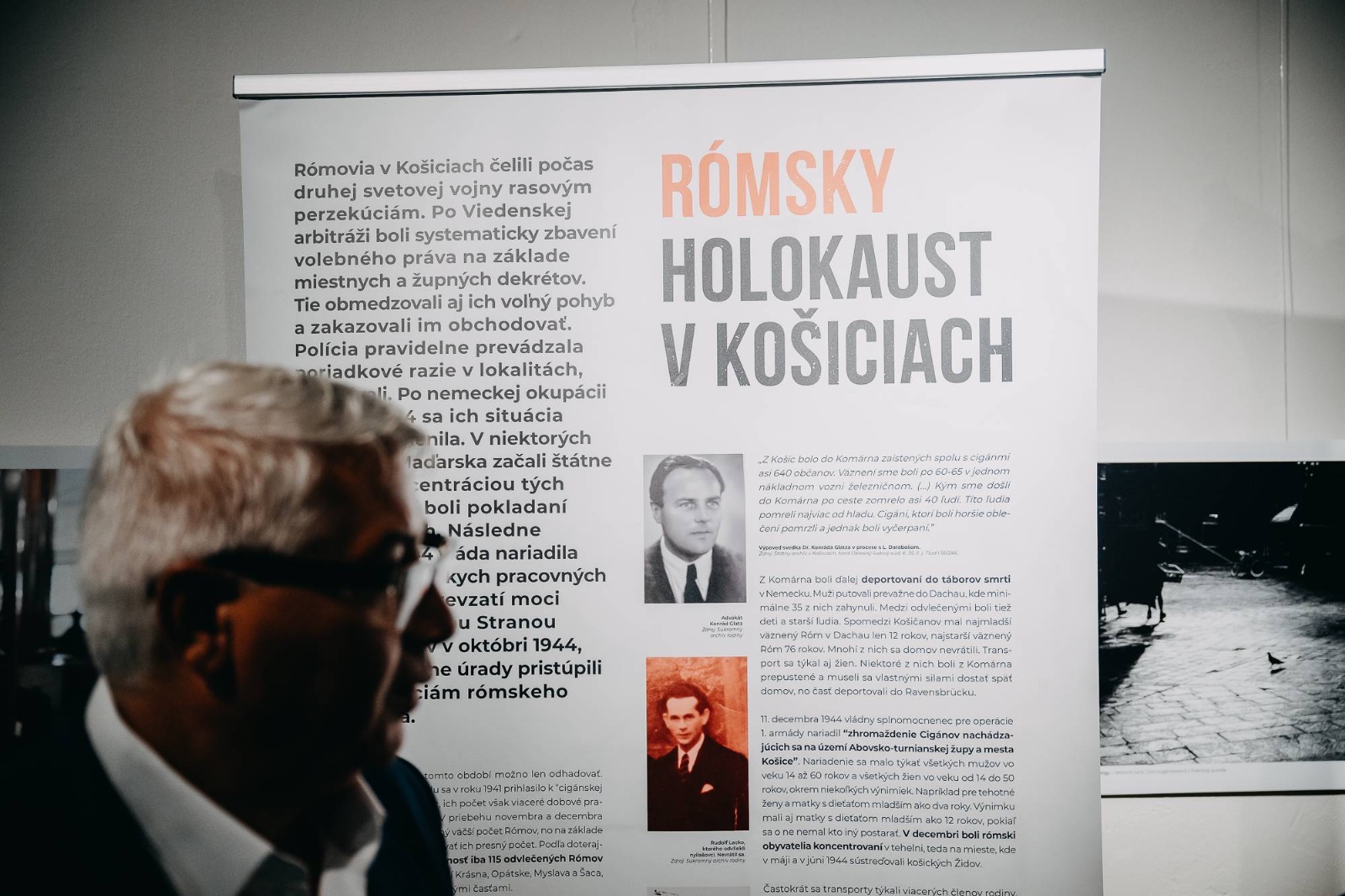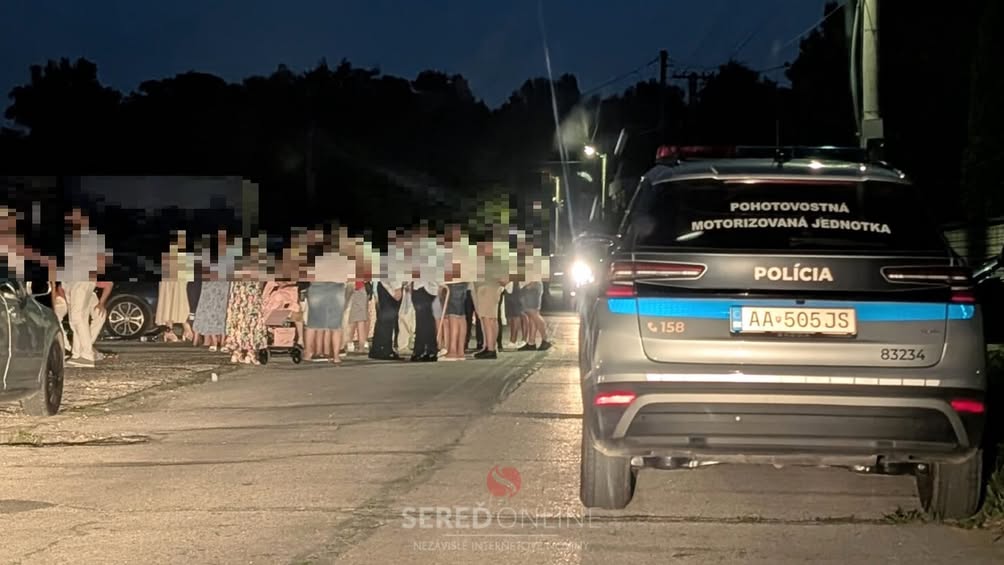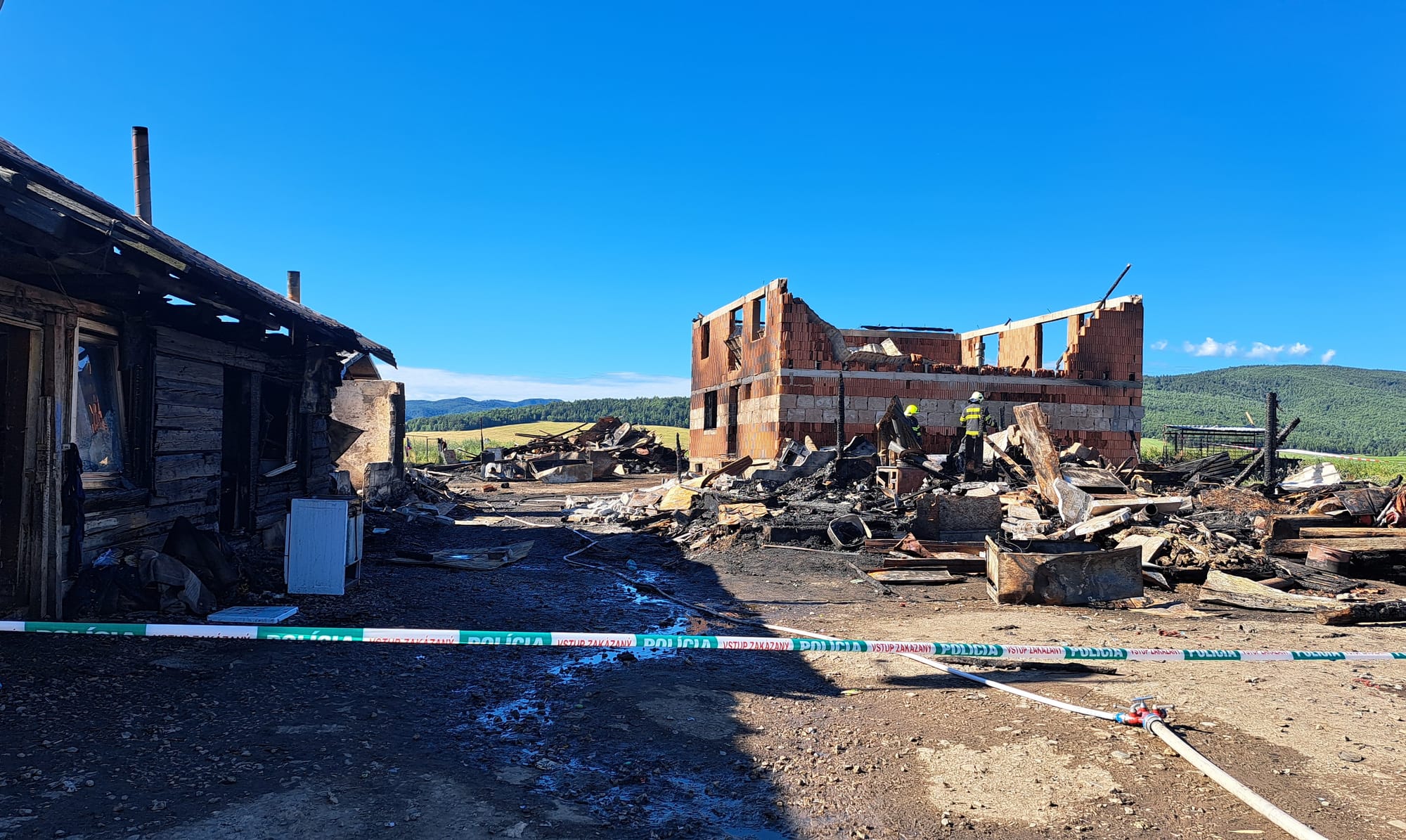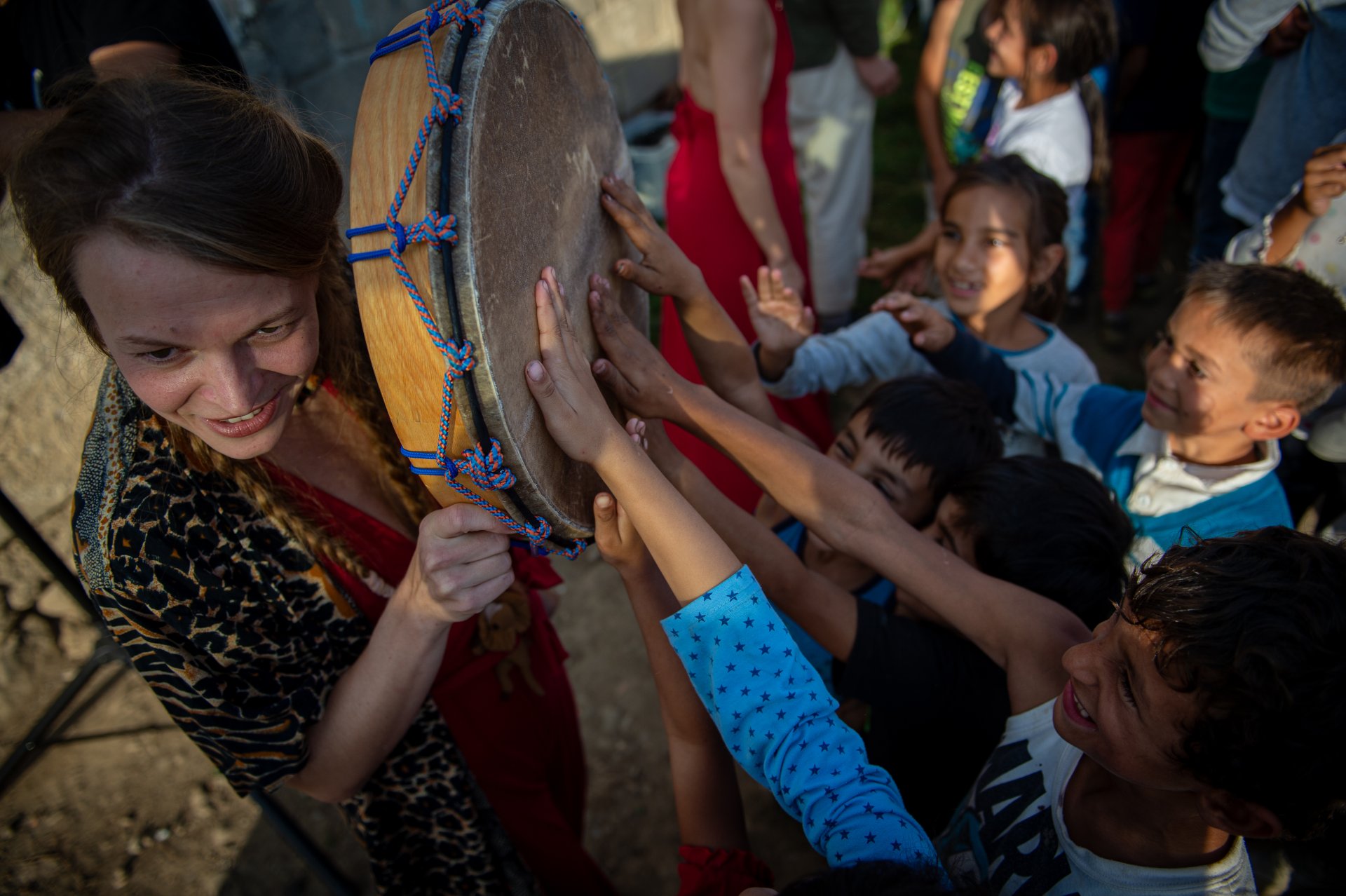A warranted critique of a planned project in Slovakia which plans to invest 20 million euros in the Roma Media House in Banská Bystrica.
However, it is a project that has more of a marketing character than a real impact. It lacks professional anchoring, transparency, and connection to the needs of the community itself. The chosen location – Banská Bystrica – is not the natural centre of the Roma population. This choice raises legitimate doubts about whether the project serves the community or the interests of the Slovak government’s representative for Roma communities, Alexander Dašek, whose office is based in this city.
However, the fundamental problem is not only geography, but also the lack of expertise. How many Roma journalists with experience in professional editorial offices do we have in Slovakia? Who will provide direction, camera, dramaturgy, sound, editing? Who will write in such a way as to create content that has the ambition to compete with non-Roma media – strong content, factually accurate, editorially polished? Without experts, this project will be just a laugh!



















